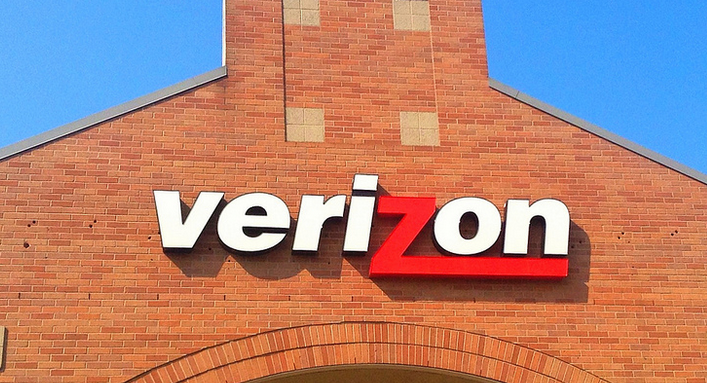Verizon Gets Rid Of Contracts, Cheap Phones (For New Customers Only, Of Course)
Starting Aug. 13, Verizon is simplifying its wireless data plans for new customers. The company is now just charging for the size of the data plan, plus a monthly fee per device ($20/phone; $10/tablet or Jetpack hotspot), plus whatever your monthly payment is on your phone.
VZW is also giving each plan a descriptive name according to its size:
“Small:” $30/month for 1GB of shareable data
“Medium:” $45/month for 3GB of shareable data
“Large:” $60/month for 6GB of shareable data
“X-Large:” $80/month for 12GB of shareable data
So one person using a smartphone on the Medium plan would pay $65/month.
Current customers are obviously still locked into their existing contracts. If they’re out of contract or when their current one runs out, they can switch to one of these plans. Current subscribers looking to continue with their contracts and cheaper devices will reportedly have some option for doing so.
Verizon has long been more expensive than the rest of the competition. As recently as January, the company’s CFO bragged that Verizon was a “leader, not a follower” and that it wouldn’t wage a price war even at the cost of a few customers.
But today’s announcement puts VZW close to T-Mobile’s pricing, which charges $60/month for 3GB. Sprint also charges $60/month for “unlimited” service, while AT&T’s 3GB/month is the same as Verizon’s new price.
All of these rates assume that you either pay full price for your phone in advance or get it through your wireless provider’s installment plan, which means you still pay full price but over the course of months or years.
This is the latest move away from longterm contracts and the phone subsidies that come with them, and T-Mobile CEO John Legere didn’t waste time poking fun at the competition:
Now that Sprint and Verizon have followed T-Mobile down the no-contract path, it leaves only AT&T among the four major carriers to still offer phone contracts.
However, AT&T has made it increasingly more difficult to get a contract. Earlier this summer, it stopped allowing its retail partners like Walmart and Best Buy sell longterm contracts, meaning the only way AT&T customers could continue to get cheaper, subsidized phones was through AT&T-owned stores or through the company’s website.
Want more consumer news? Visit our parent organization, Consumer Reports, for the latest on scams, recalls, and other consumer issues.


